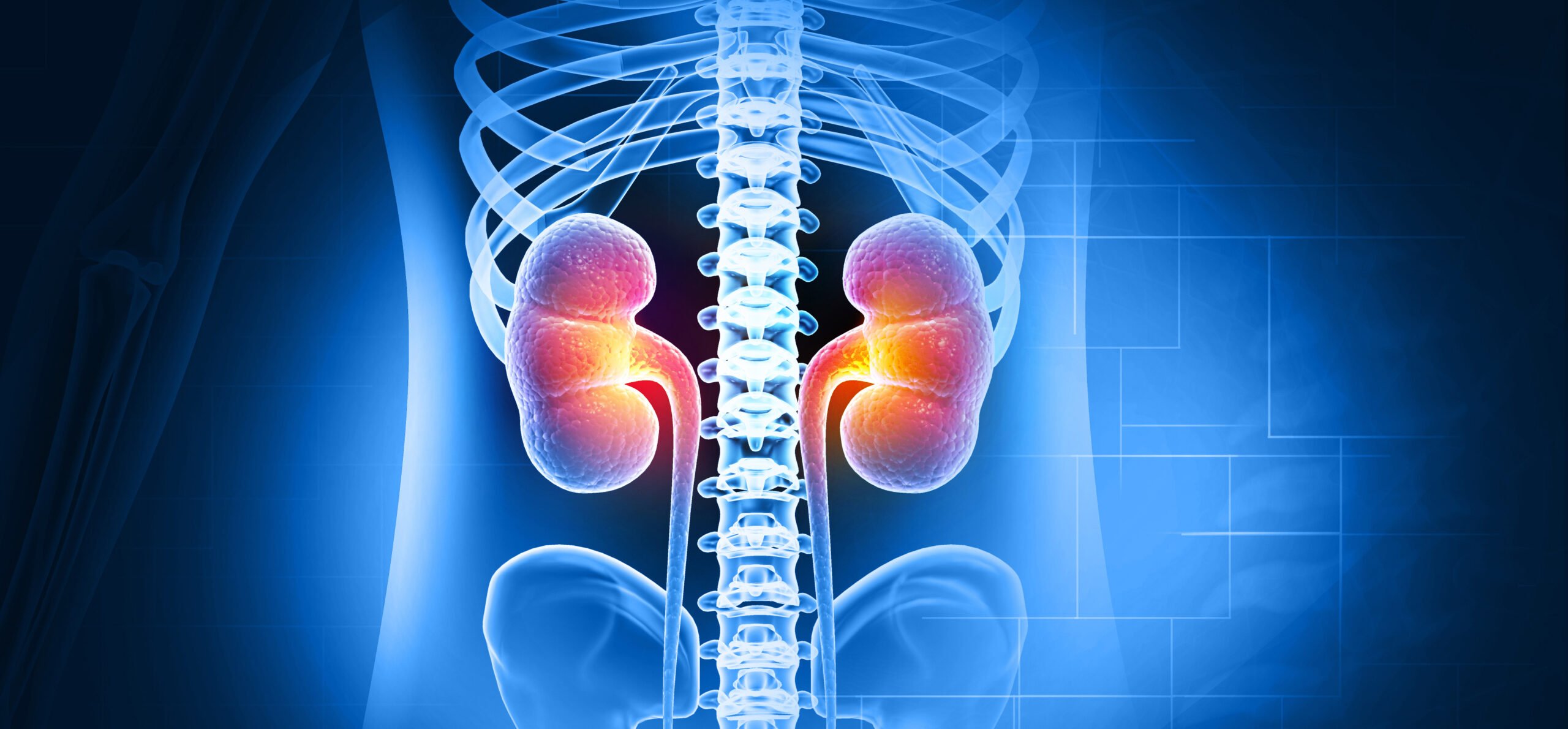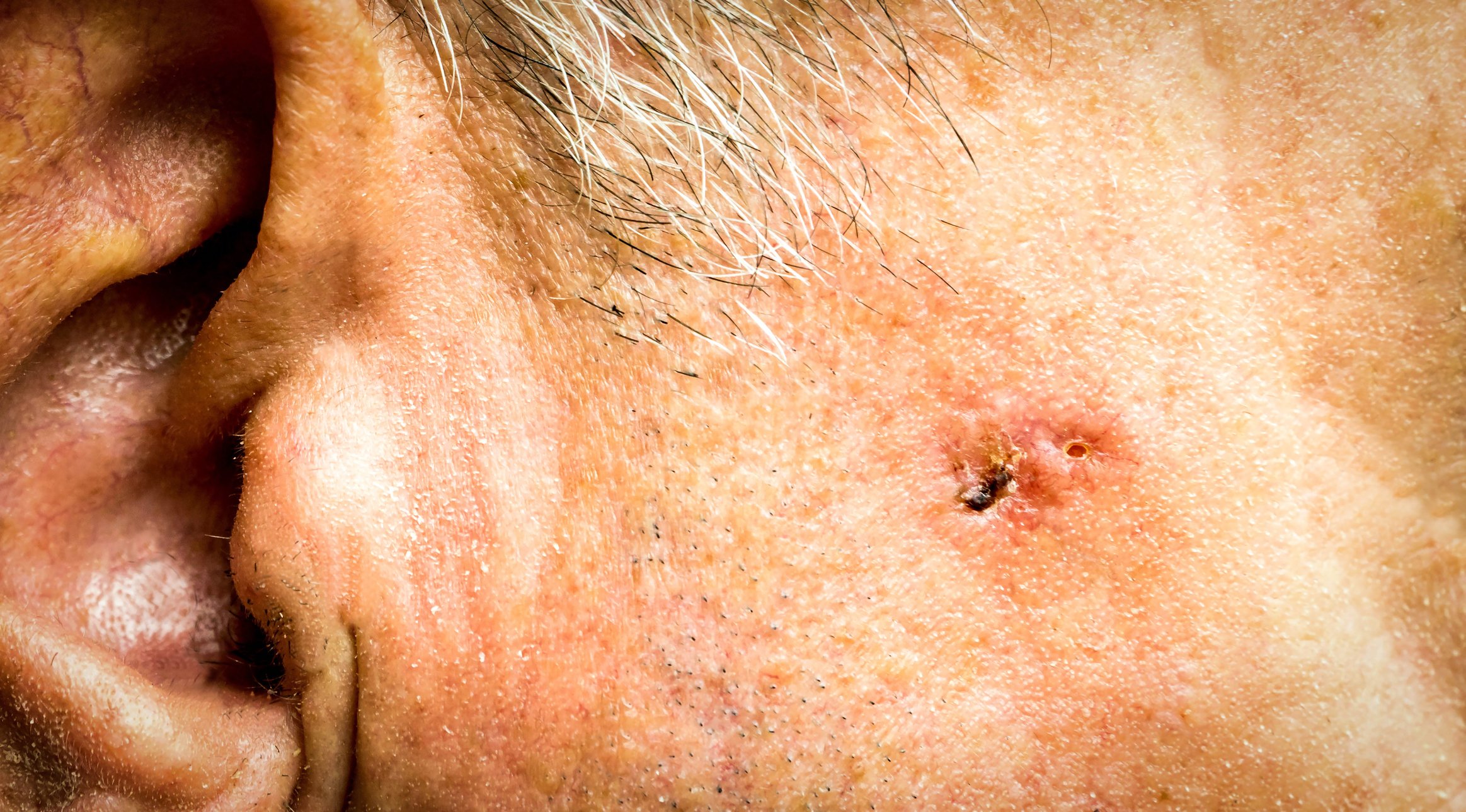Multiple sclerosis (MS) often takes a progressive clinical course in middle age or later, and the number of older adults with the disease is steadily increasing. Developing new strategies to treat progressive forms of MS that do not respond to currently available disease-modifying therapies requires a deeper understanding of the mechanisms by which biological aging interacts with pathogenic signaling pathways to drive disability accumulation.
(red) MS is generally regarded as a disease of young adulthood. In recent years, however, the number of older adults with MS has increased significantly. The relationship between age and the clinical course of MS has long been established by epidemiological studies. These show that advanced chronological age confers a higher risk of developing progressive disease phenotypes that respond relatively poorly to currently available disease-modifying therapies (DMTs). Although the association between aging and progressive MS is highly reproducible at the population level, there are significant differences in disease progression among individuals with MS of the same chronological age. Biological age, which reflects the cumulative damage that cells and tissues sustain over time, may more accurately predict the severity of MS outcomes.
Biological ageing is driven by cellular, molecular and epigenetic processes that contribute to cumulative tissue damage, loss of functional reserve and reduced regenerative potential. Depletion of compensatory mechanisms to repair damage ultimately leads to loss of function, increasing frailty and susceptibility to age-related diseases. The pathophysiological features of MS evolve with age. This raises the question of whether markers of biological aging can correlate with clinical and/or radiologic outcome measures in people with MS or predict therapeutic response to DMTs. A deeper understanding of the interactions between the signaling pathways involved in aging and MS pathogenesis could ultimately lead to clinical trials of new classes of course-modifying therapies in progressive MS.
Biological age accelerates MS
Results from EAE mice and initial studies in humans indicate that biological ageing is accelerated in MS. Of clinical relevance is that biological age may correlate more strongly with MS disease progression and treatment outcomes than chronological age. The rate of biological aging may vary from person to person. Interventions targeting aging mechanisms have the potential to alter the pace of aging and thus represent a new potential treatment strategy to mitigate disability and delay MS progression.
It is currently unknown whether DMTs affect markers of biological aging and whether certain classes of DMTs, including those with neuroprotective effects, have differential effects on the rate of aging. Senolytics are drugs that target the vulnerabilities of senescent cells and are in clinical trials for the treatment of various age-related diseases. In people with MS, there is evidence of increased peripheral blood markers of senescence and increased inflammatory cytokines with age in cerebrospinal fluid. While SASP markers are one way to study senescence, another approach is to measure senescence-induced gene expression such as p16Ink4a and p21, which are tumor suppressor genes that induce cell cycle arrest. The additional use of aggregate panels or cell type-specific senescence markers could allow a more precise identification of senescence patterns. Clinical studies on the effects of markers of cellular senescence on MS progression are still needed, and clinical trials of senolytics in MS remain possible.
Biological age as a research goal
Research into biological ageing in MS has the potential to shift current treatment paradigms from symptom control in non-active progressive MS to disease modification. This approach embodies the geroscience hypothesis, which posits that therapeutically targeting the physiology of aging can prevent or delay the exacerbation of age-related diseases. There may come a time when the repertoire of MS therapeutics includes agents that block aging processes to extend the years without disability progression. Until then, a framework for measuring biological aging in MS needs to be established to validate aging mechanisms as drivers of MS disease progression.
Source: Zhang Y, et al: Biological aging in multiple sclerosis. Mult Scler 2023 Dec; 29(14): 1701-1708.
InFo NEUROLOGY & PSYCHIATRY 2024; 22(6): 30











